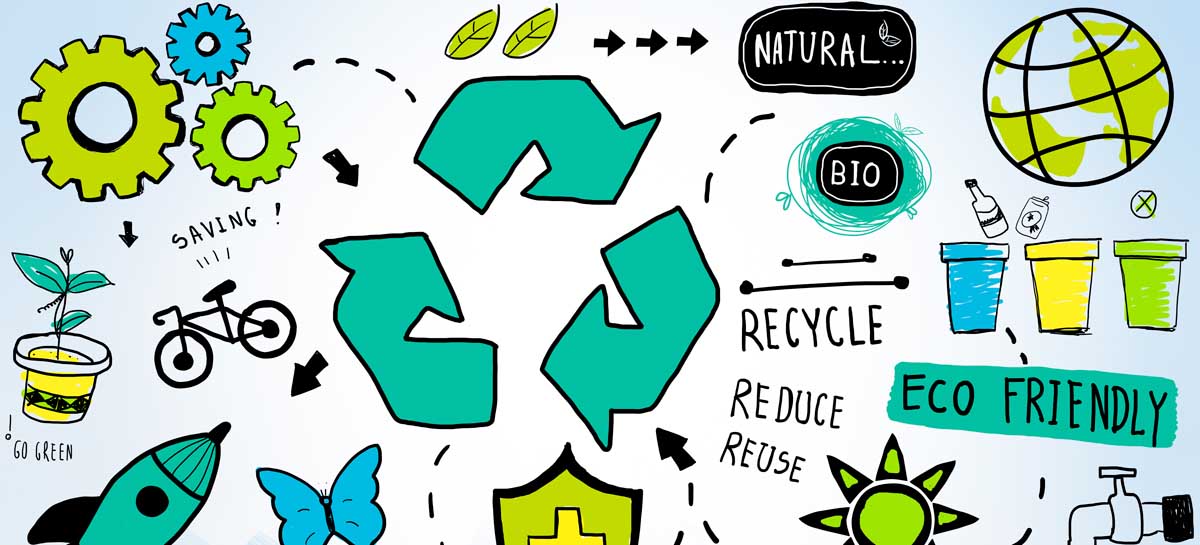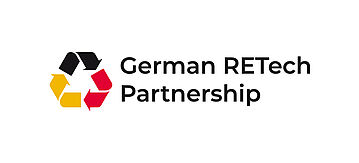Circular Economy
Circular Economy
The concept of circular economy means using materials sparingly, preserving the value of raw materials and products for a long time and keeping them in circulation. It includes all phases of value creation – from product design and production to consumption, repair and waste management.
The waste hierarchy is essential to a modern circular economy. It prioritises waste prevention, followed by reuse, recycling, recovery and lastly disposal. Material cycles should be closed as far as possible and contaminants removed. This allows waste to be reintroduced to the economy as secondary raw materials and natural resources to be conserved.















